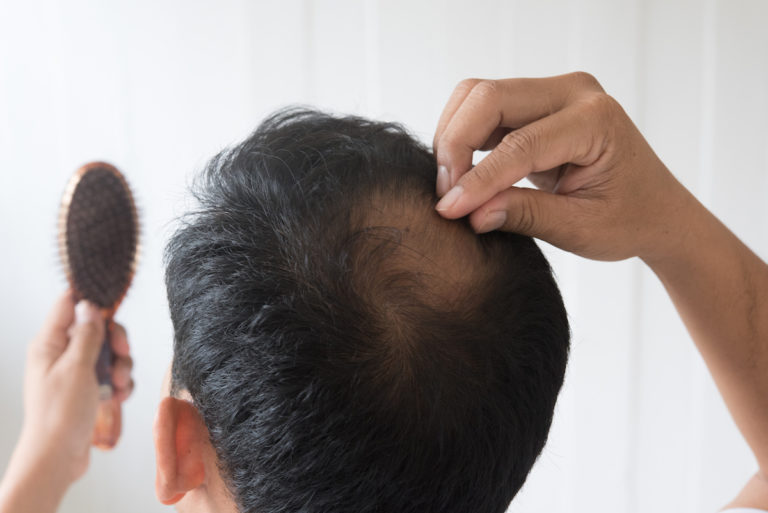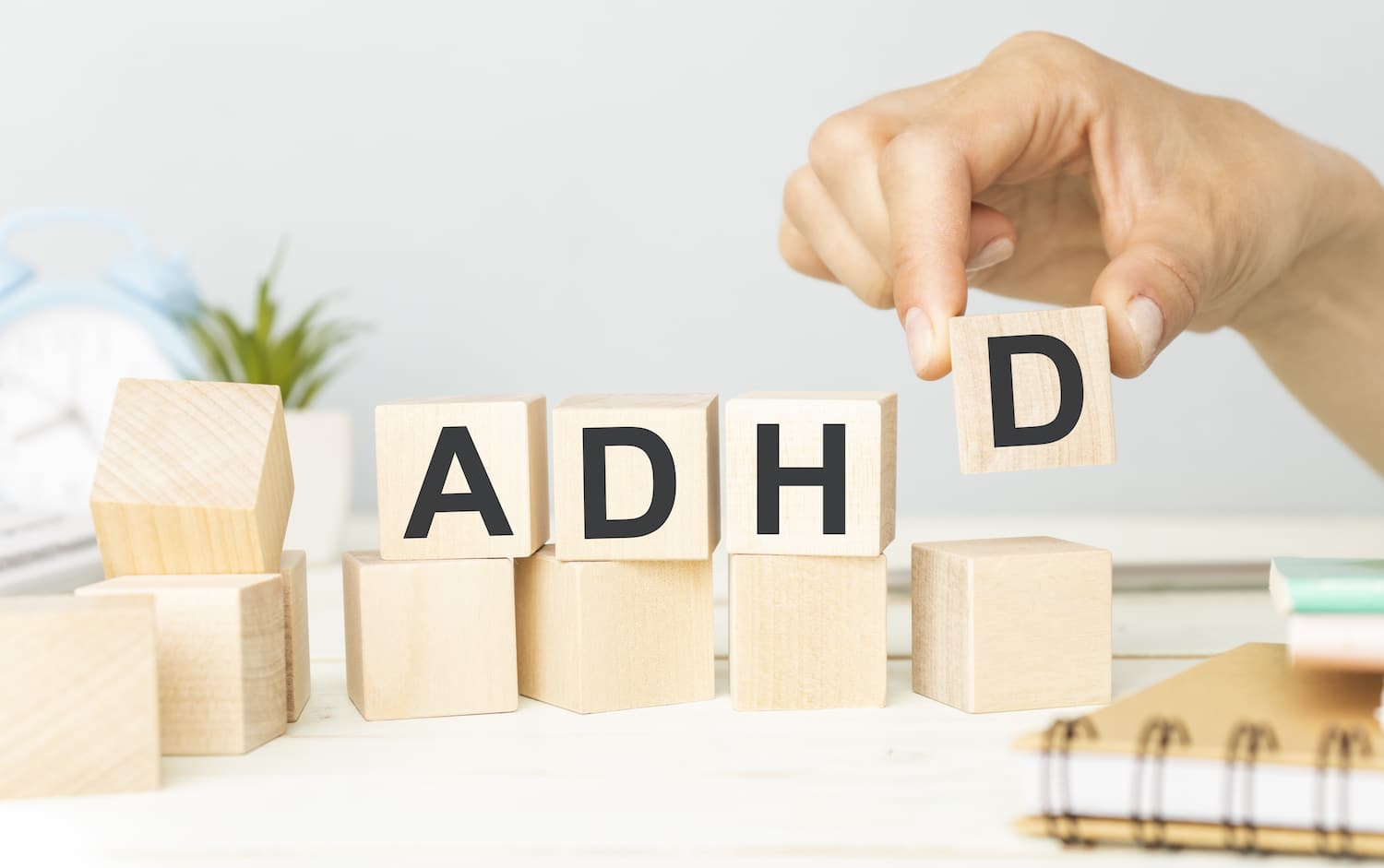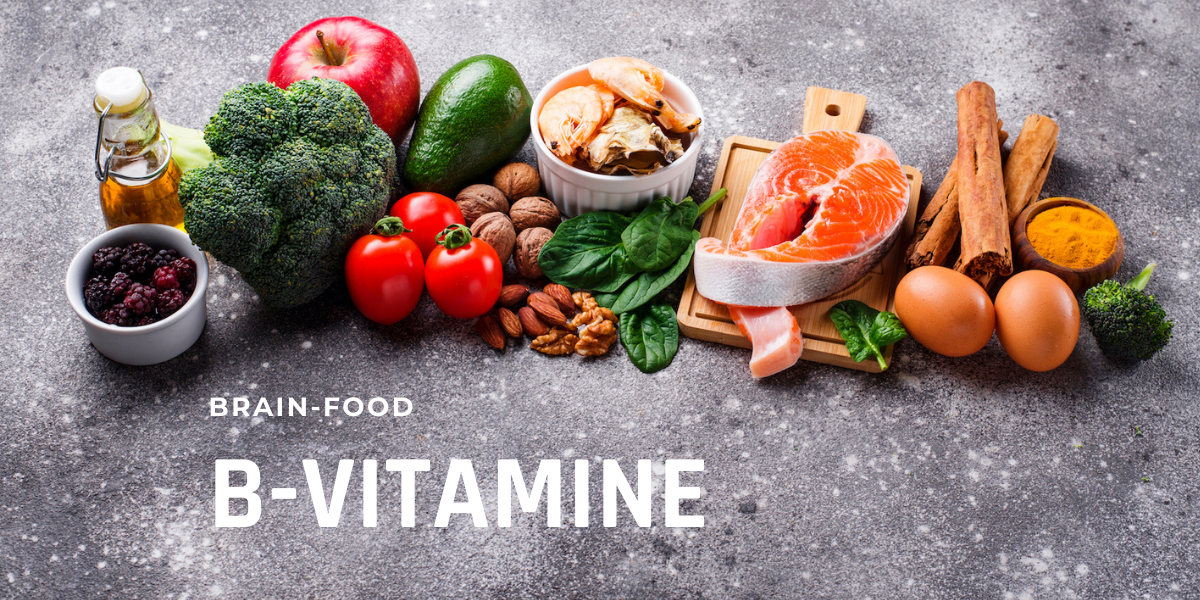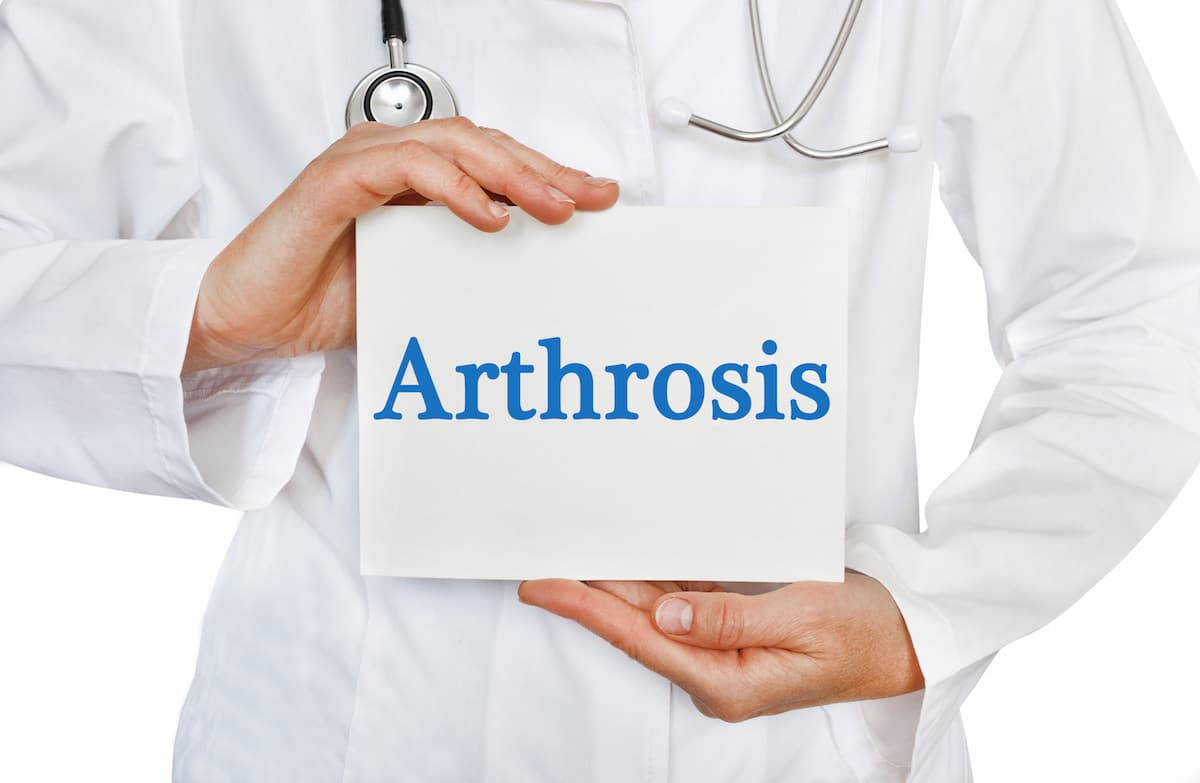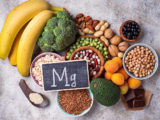Updated on 15. November 2021 from Carolin Jäger
Reading time: approx. 4 minutes
Herbs and medicinal plants: studies on their influence on appetite
Even though galangal, chicory, cinnamon bark and other medicinal plants are recommended for loss of appetite, their effects in this regard are not always sufficiently proven and researched. However, the recommendations of many healers are based on years of experience of naturopathy and phytotherapy and are therefore no less effective.
Nevertheless, there are some plants or herbs whose effect on the appetite has been studied and proven.
Studies regarding the appetite stimulating effect
Fenugreek (Foenugraeci semen)
Commission E, an independently working expert commission, which has the task, among other things, to examine phytotherapeutics for their effects, carried out a study with fenugreek seeds in 1990. Within the framework of this study, the appetite-promoting effect of fenugreek was also proven. The bitter substances contained in the plant seem to be responsible for the appetizing effect.1
The hemp plant and its cannabinoids
A 2013 study looked at the effect of cannabinoids from the hemp plant on people suffering from loss of appetite. Both CBD and THC, two of the hemp plant’s best-known phytocannabinoids that interact with the endocannabinoid system in humans, thus seem to be able to exert a positive effect on appetite as well. Tetrahydrocannabinol is even said to be able to directly stimulate the appetite-increasing CB1 receptor.
Gentian
A 1997 study by Wegner on 205 patients suffering from gastrointestinal complaints such as loss of appetite investigated the therapeutic benefits of a dry extract of gentian root from the Indian (yellow) gentian. Subjects were given capsules filled with 120 mg of gentian root extract several times a day for a period of 15 days. It turned out that the degree of improvement was on average a significant 68%.3
As early as 1974, Gebhardt undertook various in vitro investigations with the yellow gentian. He found that this could stimulate acid production, which is so important for appetite, not only via the taste buds but also via the gastric mucosa. The increased production of gastrin leads to increased peristalsis in the gastrointestinal tract and, among other things, to an increase in appetite.4
Vitamins that may be appropriate for lack of appetite
The undersupply of certain vitamins can also affect the appetite.
Vitamin A, for example, is essential for moisturizing and keeping skin and mucous membranes healthy. A deficiency of this vitamin can lead, among other things, to inadequate saliva formation and, as a result, to loss of appetite.
Similarly, a deficiency of vitamin B1 can lead to digestive problems with slow metabolism and loss of appetite.
Vitamin B3, on the other hand, is also involved in metabolism, which is why a deficiency here can also make itself felt through loss of appetite and symptoms of exhaustion.
Another B-group vitamin that is thought to have an effect on appetite is vitamin B6. However, a lack of this is extremely rare, but can be remedied just as quickly if necessary.
Too little vitamin B12, on the other hand, seems to occur more often and can also have a negative effect on appetite.
Vitamin D, a so-called hybrid hormone, which the body can produce itself with sufficient sun exposure, also exerts an influence on appetite and satiety. A deficiency of the well-known “sun vitamin” can thus lead to loss of appetite.5
Minerals and trace elements that are important for a healthy appetite
Similar to a vitamin deficiency, a mineral or trace element deficiency can also have a negative effect on your desire to eat.
A permanent iron deficiency severely restricts blood formation and oxygen supply to the cells, which can lead to dangerous anaemia with shortness of breath, lack of appetite and pale skin and mucous membranes.
An iodine deficiency, in turn, can lead to hypothyroidism in the long run, which in turn has an inhibiting effect on appetite as well as an overall rather slowed metabolic function.
A lack of potassium, which plays an important role in carbohydrate metabolism and is quickly lost with insufficient drinking or high water loss, can also lead to a loss of appetite.
Copper, like iron, is involved in the formation of red blood cells. A deficiency of copper usually also leads to a hidden iron deficiency, which in turn has an inhibiting effect on appetite. Likewise, copper plays a role in the function of the thyroid gland, which additionally influences appetite.6
Manganese deficiency, which is more common, especially in people who eat mainly animal products, can also be manifested by weight loss and lack of appetite. This is because this important trace element is mainly found in plants, which need it for their photosynthesis and are therefore considered to be rich in manganese. Human mitochondria also depend on the presence of manganese, which is also needed for the synthesis of bone, connective and cartilage tissue.
According to research, over 205 of hospitalized seniors are dangerously deficient in sodium. Since this can also manifest itself in the form of a lack of appetite, the saline level should always be considered in the event of a loss of appetite.7
Also due to a zinc deficiency, the metabolism can slow down and it and it thus come to lack of appetite.8
There are numerous studies that show a link between nutrient intake and appetite. Among other things, the appetite-promoting effect of zinc is well known.
For example, a study conducted on rats showed that zinc supplementation significantly increased the voluntary food intake of the animals.
Clinical studies on subjects suffering from anorexia nervosa also showed a correlation between the symptoms and the corresponding zinc level in the blood.
Other studies clearly demonstrate that oral zinc supplementation resulted in weight gain and increased appetite in AN patients.9
Related articles: Anorexia – loss of appetite
- Anorexia – loss of appetite: When the desire to eat is missing
- Anorexia – loss of appetite: Treatment options
Sources:
[1]„Bockshornklee“, at https://www.natur-journal.de, Access date 02.07.2021
[2] Book: “Heilen mit CBD”, by Leonard Leinow and Juliana Birnbaum, Riva Verlag 2019, ISBN 9783745307030
[3] „Enzian“, at https://www.energeticanatura.com, Access date 02.07.2021
[4] “Gelber Enzian“, auf https://www.hmppa.at, Access date 02.07.2021
[5] Loss of Appetite, at https://heilwiki.de, Access date 02.07.2021
[6] „Kupfer“, at https://www.liebems.net, Access date 02.07.2021
[7] „Das Salz in der Suppe – für Senioren ein Muss“, at https://netzvisite.com, Access date 02.07.2021
[8] „Zink – ein wichtiges Spurenelement“, at https://www.drfalkpharma.de, Access date 02.07.2021
[9] „Zink: Ein lebenswichtiges Spurenelement“, at https://www.vitaminexpress.org, Access date 02.07.2021
